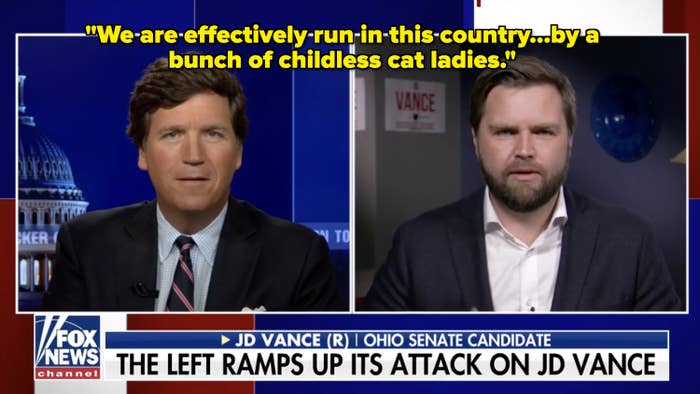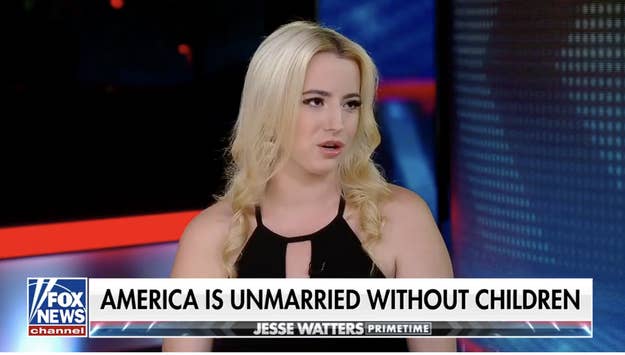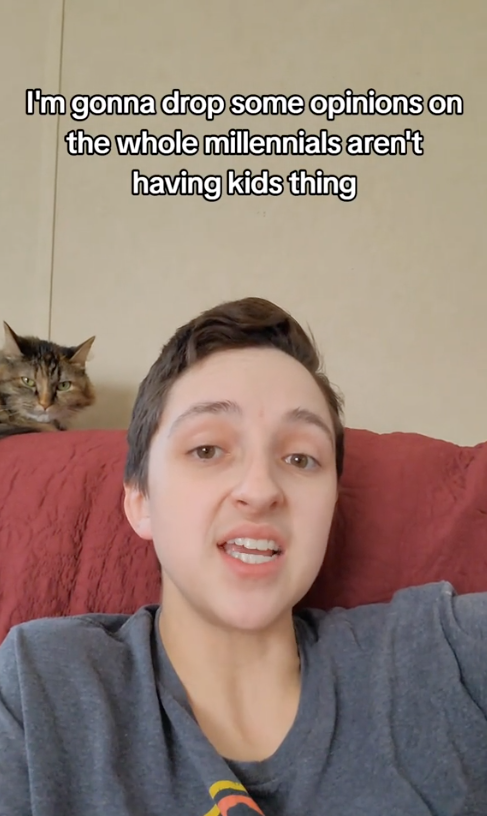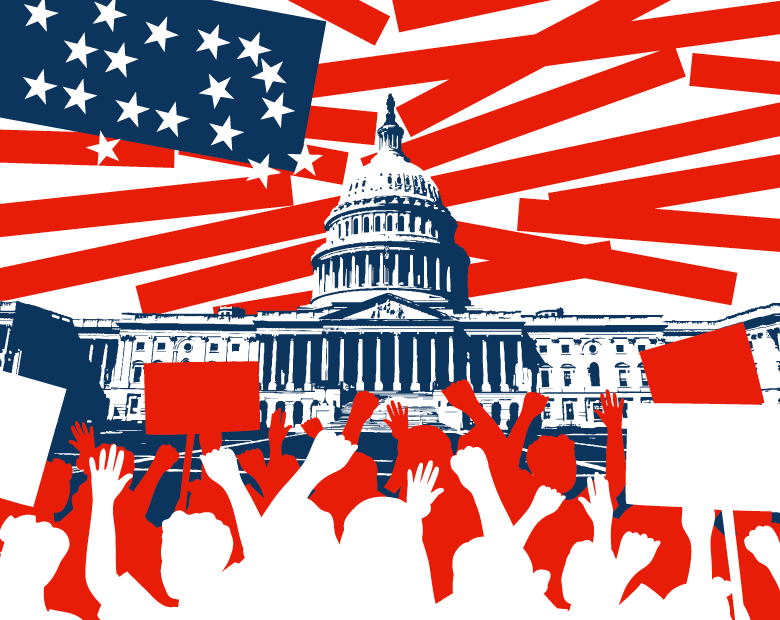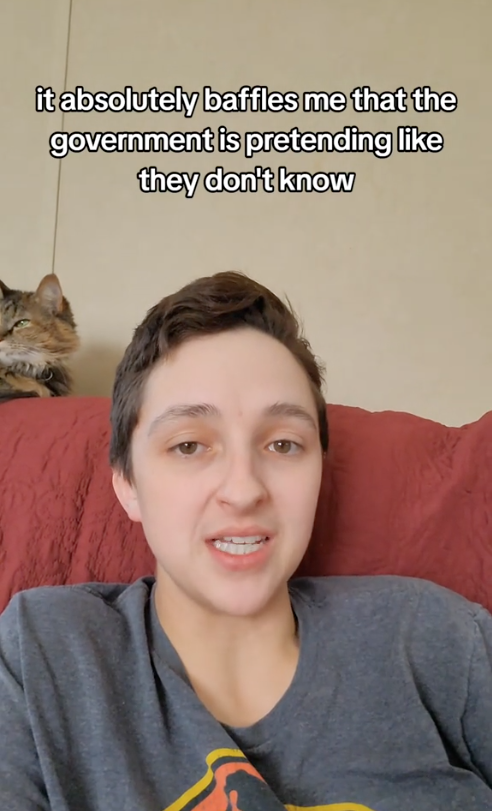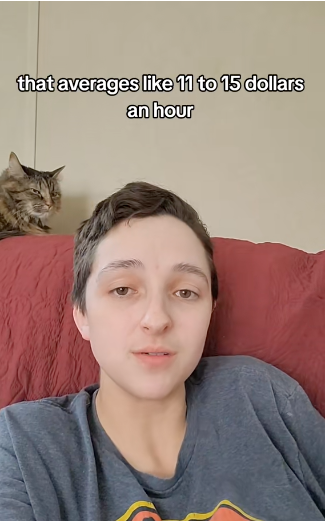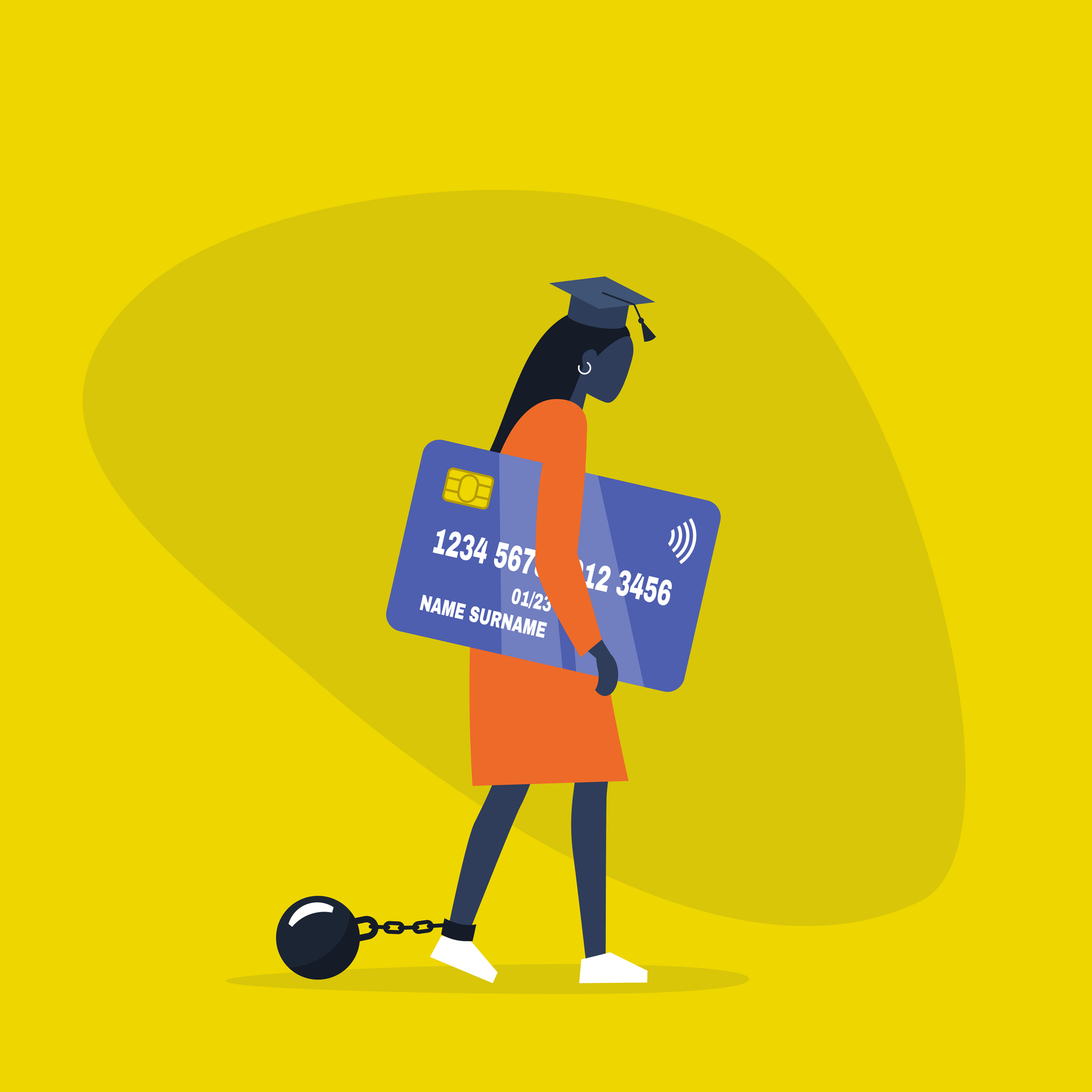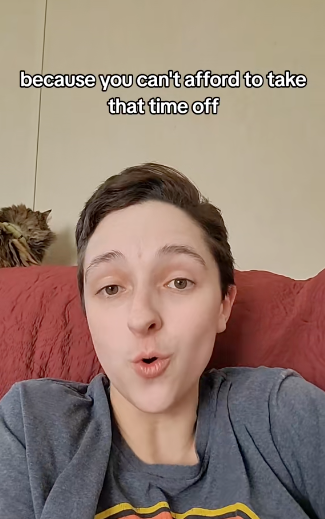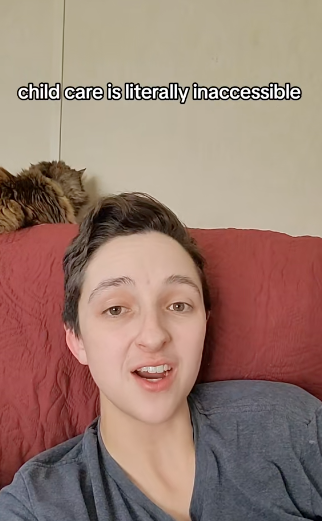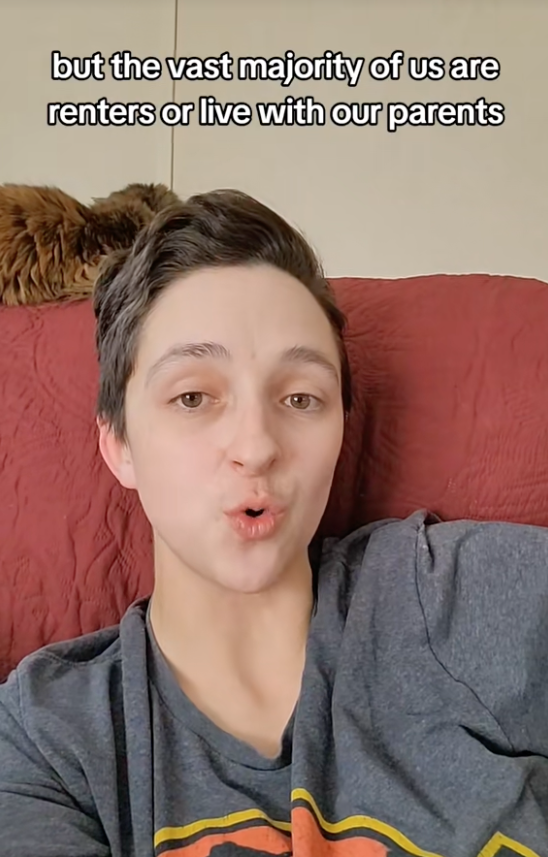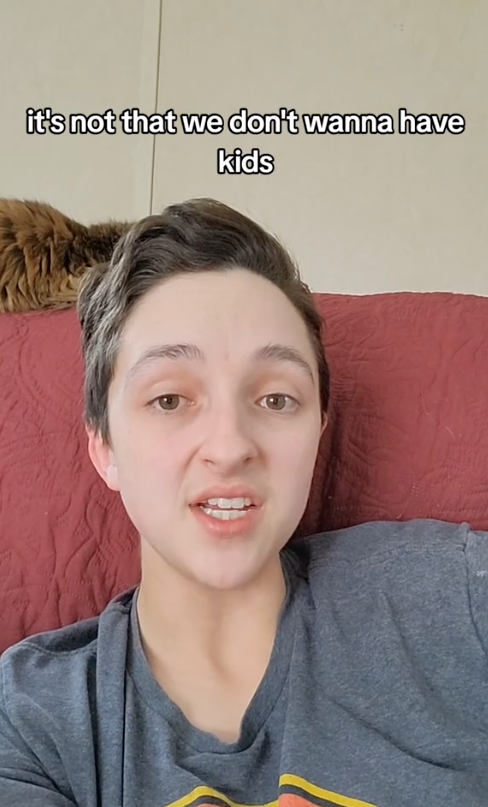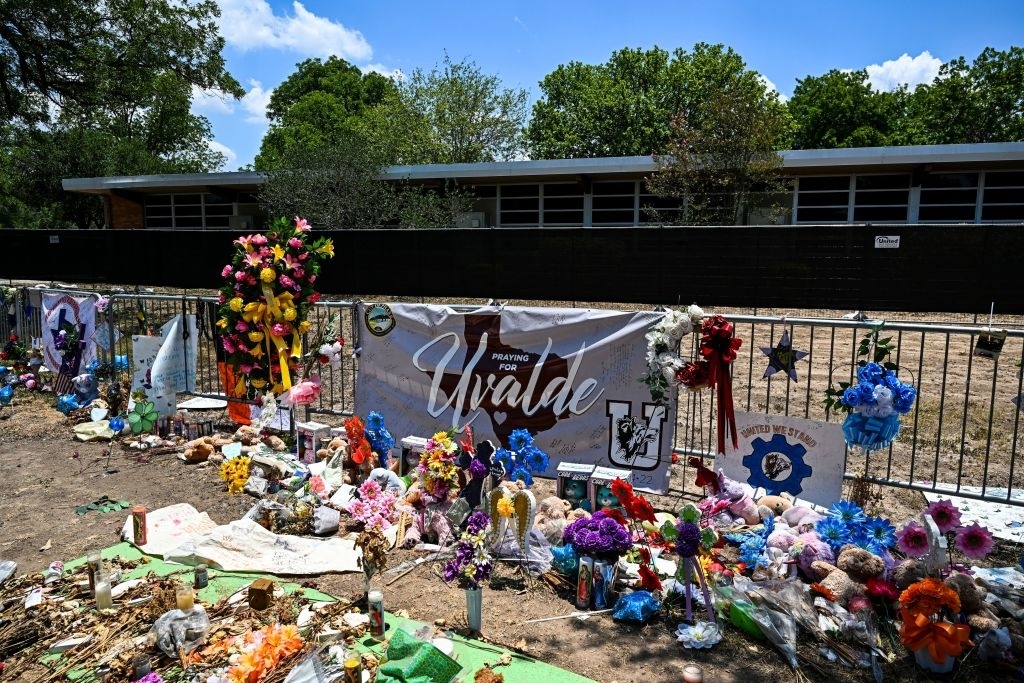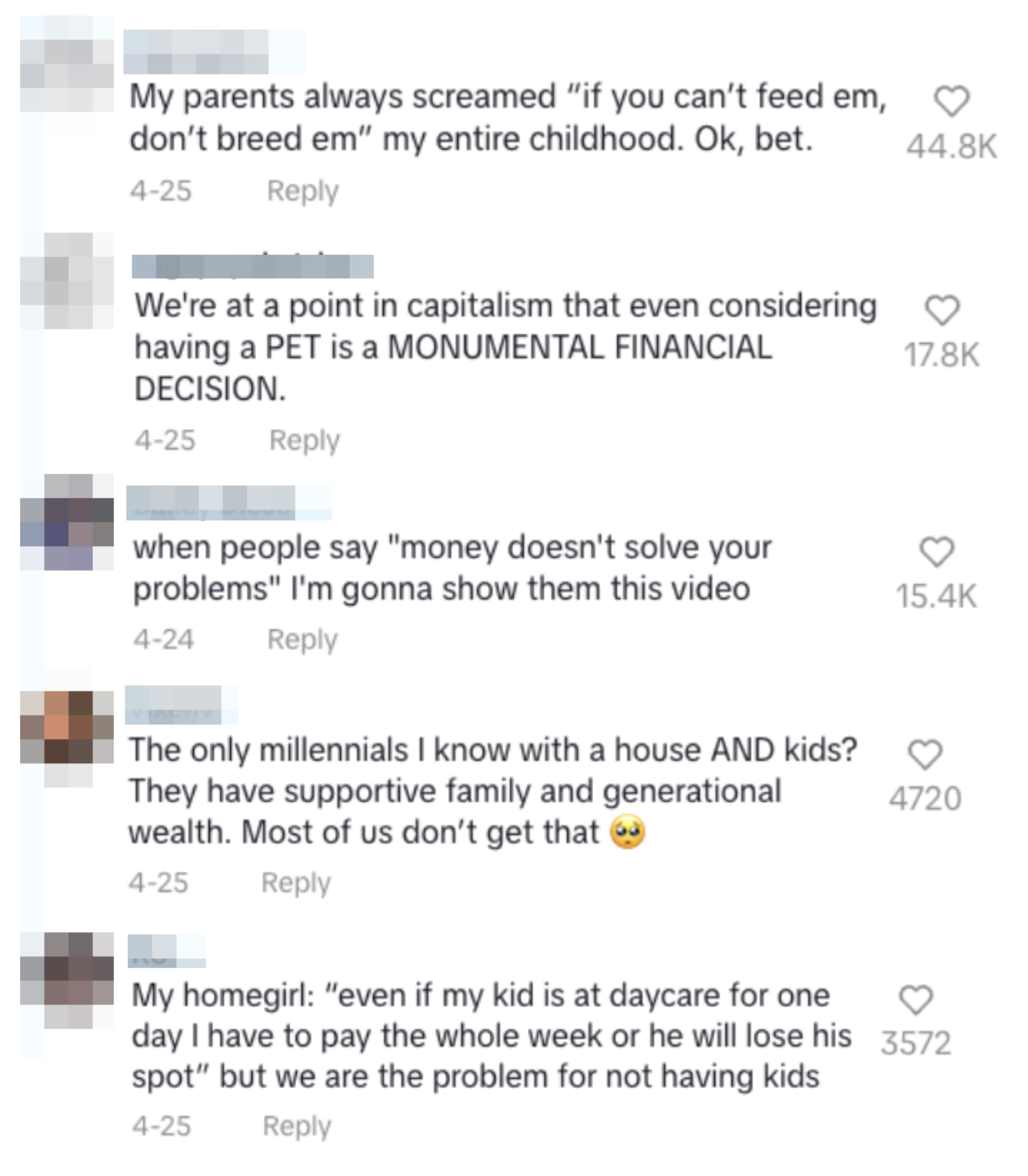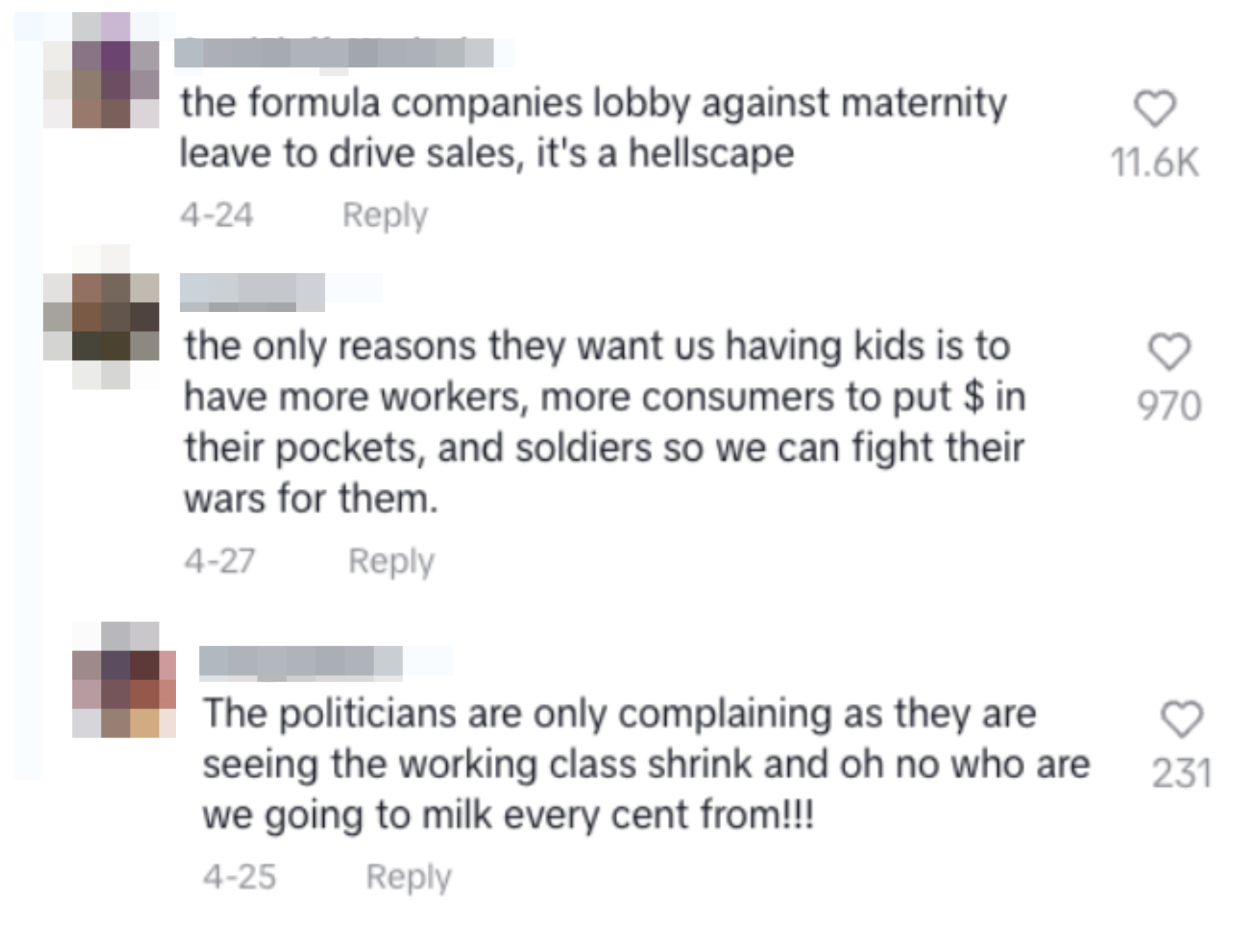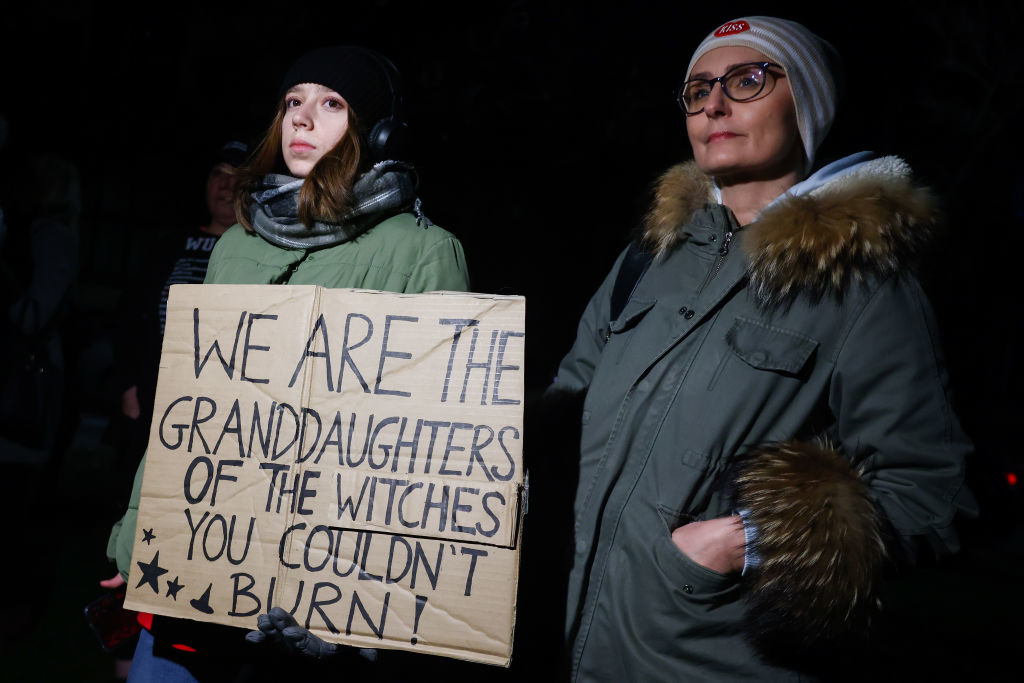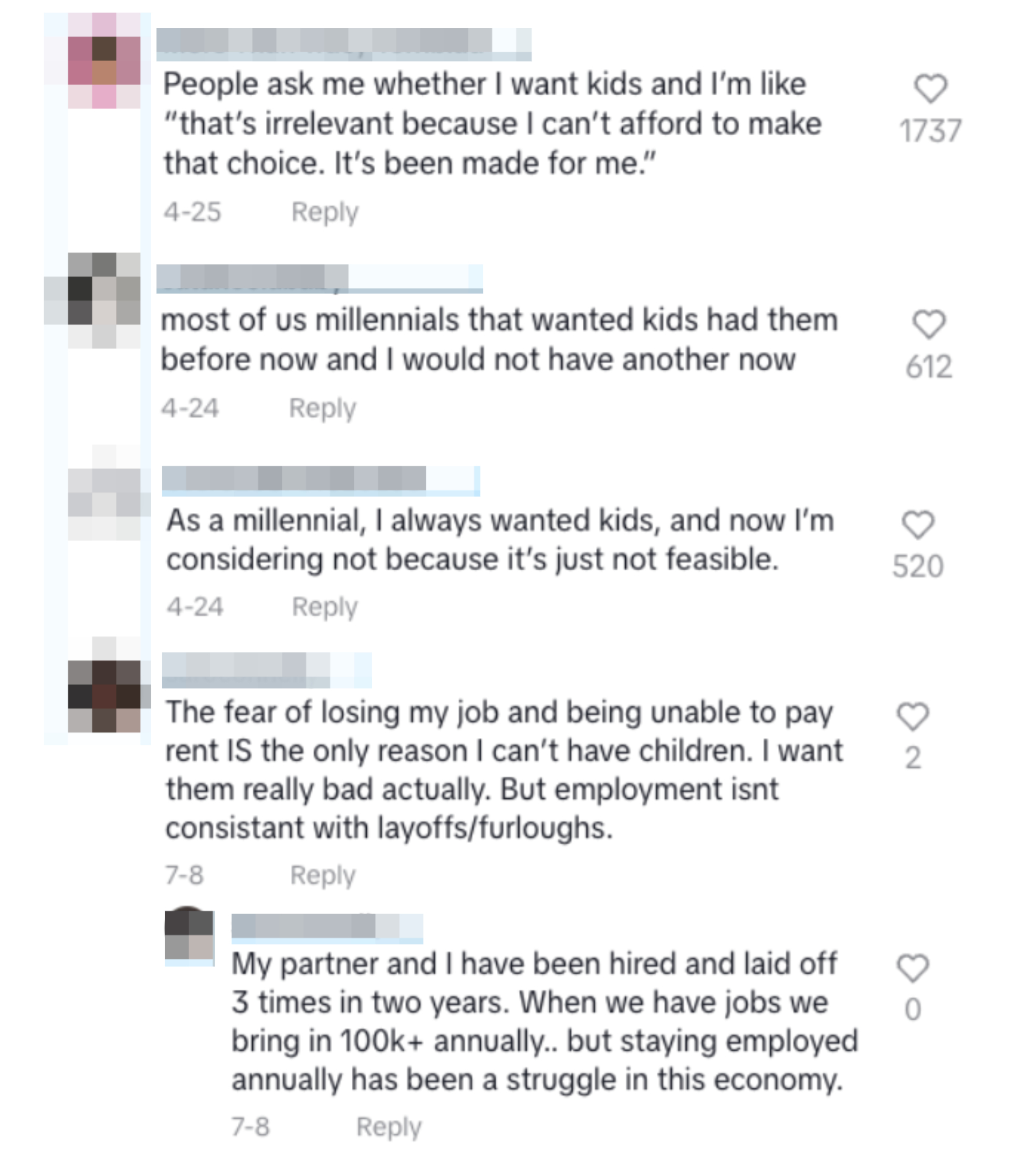" It absolutely baffles me that the government is sham like they do n’t make out why we ’re not have kids because , frankly , it is glaringly obvious . "
You’re probably aware that the fertility rate in the United States has been declining for over a decade (last year, it hita historic low). And you might be familiar with how conservatives are pointing blame at childless millennials.
There was J.D. Vance’sresurfaced commentfrom 2021 thatwent viralfor suggesting that the nation was being run by miserable “childless cat ladies.”
Then there was Fox News commentator Ashley St. Clair, whosuggestedmillennials who “just want to pursue pleasure and drinking all night and going toBeyoncéconcerts” are a reason for falling birth rates. “It’s this pursuit of self-pleasure in replace of fulfillment and having a family,” she said.
But others are not so quick to blame cat ladies and Beyoncé fans — many argue that it’s not that millennials don’t want children; it’s that they can’t in the current environment. This is the case for 29-year-old Charlie Fitzgerald, who goes by she/they/he pronouns, and who went viralfor laying outwhymillennials aren’t having kids.
They continued, “It absolutely baffles me that the government is pretending like they don’t know why we’re not having kids because, frankly, it is glaringly obvious. The economy is a fucking tire fire right now. Thecost of groceries, thecostandavailability of baby formula, the cost of diapers, thecost of childcare, thecost of giving birthin the United States.”
Charlie continued, “Statistically speaking, when you’re born poor in this country, you’re probably gonna die poor, and your kids are gonna be in the same boat. Being poor fucking sucks. I don’t want that for my kid.” This is acommon phenomenonknown as thepoverty trap, or the cycle of poverty.
“Where does that put the rest of us?” Charlie asked, regarding people who cannot find a job right now, with or without a degree. “Entry-level jobs, retail, food, customer service. In the state that I live in, that averages, like, $11 to $15 an hour.”
As Charlie points out, many students who try to “escape” poverty with education end up with immense debt, keeping them in a poor financial cycle. And even though economistssaywe are not in a recession and the labor marketis strong, people continue toshareanecdotally how hard it is to find a job right now. Somedatashows that the hiring rate for new workers is below its mid-2000s average, and the hiring rate for people with a bachelor’s degree or more has fallen off.
As well as the costs of caring for a child, which prevent many millennials from having children, Charlie also pointed out that many parents don’t have paid maternity leave. “[This] opens up a whole slew of issues because you can’t afford to take that time off, so you gotta go right the fuck back to work,” she said. While the US Family and Medical Leave Act (FMLA)protectseligible employees up to 12 weeks of unpaid leave, there isno federal paid maternity leavein America, and many peoplecan’t affordto take unpaid leave even if it’s offered.
Charlie pointed to further concerns parents have when going right back to work. She said, “Fuck the fact that giving birth takes a huge toll on your body. The people who have C-sections, which is a major surgery, can’t afford to take the recovery time. When you’ve got to go back to work in two weeks or immediately, then you don’t get that critical bonding-like period of time with your infant if you’re working all day. Then you can’t breastfeed your kid every couple of hours, so you have to depend on baby formula, which again is extremely expensive and potentially unavailable.”
“Then you’ve got to pay for childcare, which is outrageous. In the state that I live in, the average cost of just daycare is $15.77 an hour,” Charlie said. “When you are making as little money as millennials are, childcare is literally inaccessible.”
Charlie added that families in poverty also often wrongly get slapped with charges of neglect — anunfortunate truthfor many parents in poverty who get separated from their children by the state. In a hypothetical situation, Charlie said, “Say baby formula wasn’t available in your area, so you couldn’t afford to feed your kids, so you get slapped with neglect charges. That company that couldn’t provide the baby formula faces absolutely no repercussions.”
For one of Charlie’s last arguments for why millennials aren’t having kids, he pointed to thehousing crisis. He asked, “How many millennials do you know who own their own house?” He said many of the millennials he knows “are renters or live with our parents or live with a pile of roommates.”
Charlie added that rising rents year after year (rent prices nationally haveclimbedabout 19% since 2019) creates too much financial uncertainty. They said, “I don’t wanna bring a child into a situation where I’m not sure I’m gonna have somewhere to live in a year.”
In a final thought, Charlie said, “It’s not that we don’t wanna have kids. A lot of us do. In fact, I would love to have a kid with my wife, but I’m not gonna have a kid in this country right now. I’m not.”
Charlie added that the constant fear of school shootings is another reason she questions bringing a child into this world. “It’s a complete gamble with statistically increasing odds with every passing day that your child’s school is next,” she told BuzzFeed. “When I was in school (class of 2013), we had lockdown drills (they weren’t even called shooter drills yet) once a year, just as often as our regionally appropriate natural disaster drills. Now, they happen as often as fire drills and include specific strategies and plans we never even dreamed of needing.”
Some expertssuggestthat there is a dangerous economic gain in policing women’s bodies, whether that’s enforcing unwanted pregnancies or adoptingpro-natalistagendas. Scholar Silvia FedericiarguedinCaliban and the Witchthat it’s not a coincidence that when population declined in early capitalist societies, “severe penalties were introduced in the legal codes of Europe to punish women guilty of reproductive crimes,” aka, the early witch hunts.
Pessimism continues to be acommonthemeamong young people considering their futures. A Gallupsurveyfound that only 44% of Gen Z’ers feel prepared for their future, and 64% say financial resources are a barrier to achieving their goals.
Anotherreportfrom 2022 find that Americans were the least optimistic they have been in three decades about young people ’s chances of having a better future than their parent .
As for what she feels needs to change for young people to feel prepared to have children, Charlie told BuzzFeed, “What I feel would have the most impact for the most people would be financial stability — better wages, benefits, affordable housing, etc. We need more than just enough to cover necessities; life needs to be enjoyable, safe, and happy for the parents to give a child the childhood they deserve.”
Like the 300k+ others who liked Charlie’s video, I can’t say I disagree. Unless I hit the jackpot or have an extreme stroke of luck, I don’t feel any security bringing a child into the world. Even without kids, I worry one wrong move or ill fate will make me financially vulnerable, even though I consider myself pretty fortunate overall. I still have time to decide, but I worry that the decision has already been made for me.
